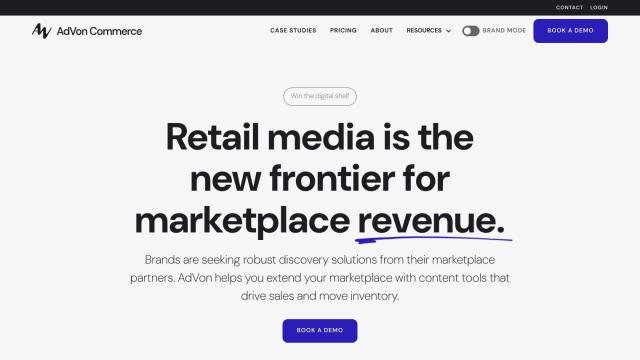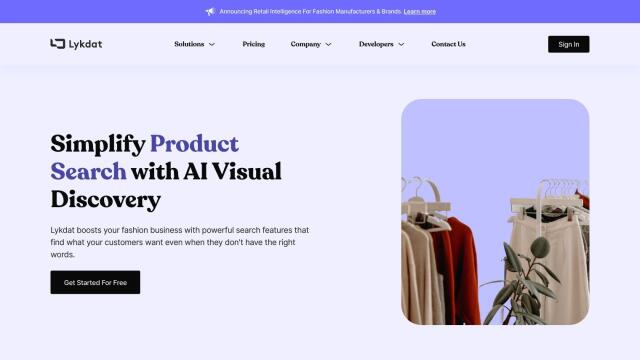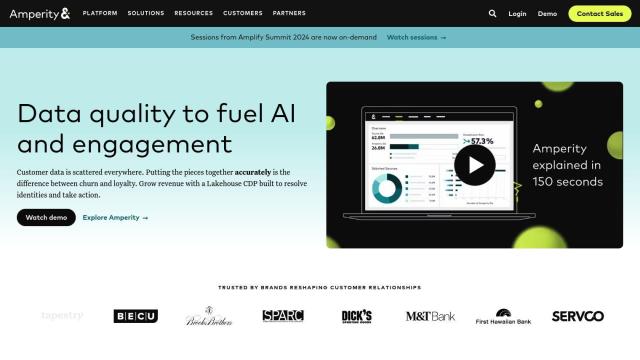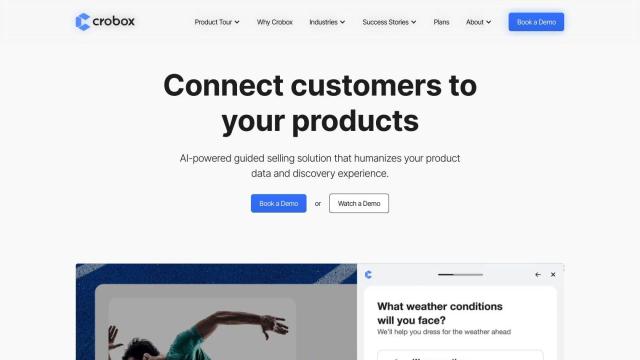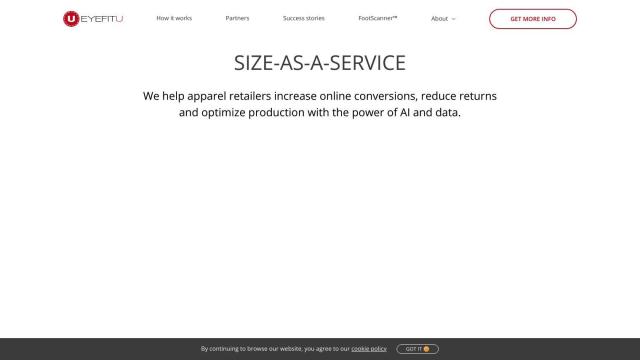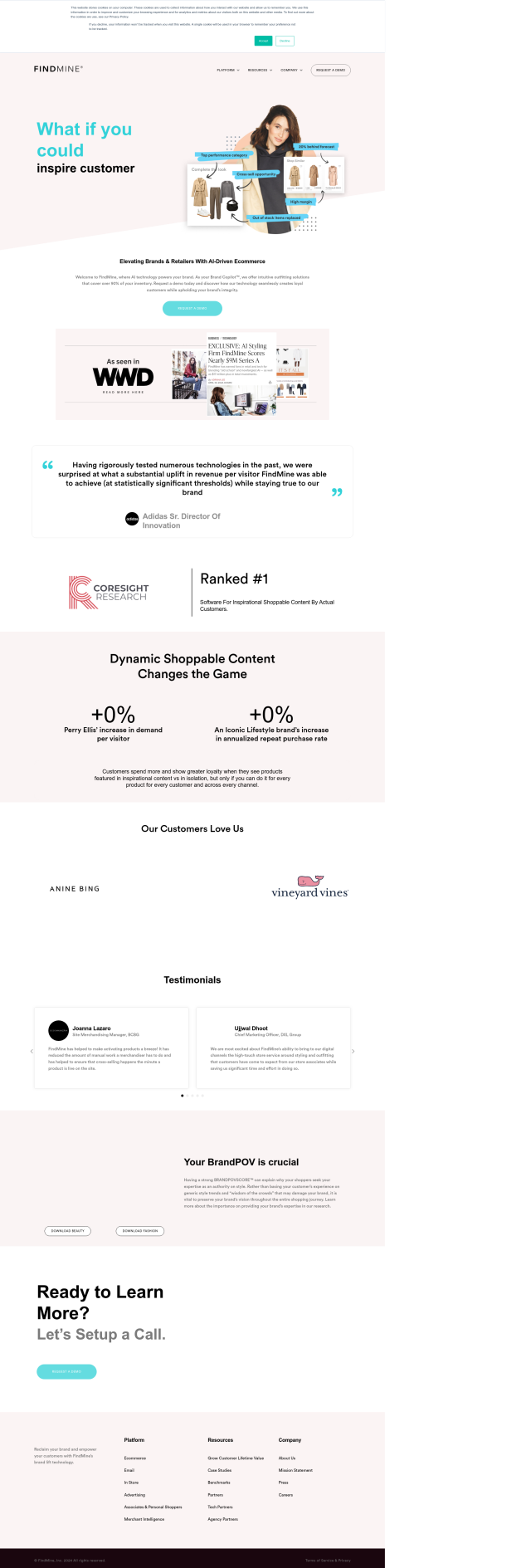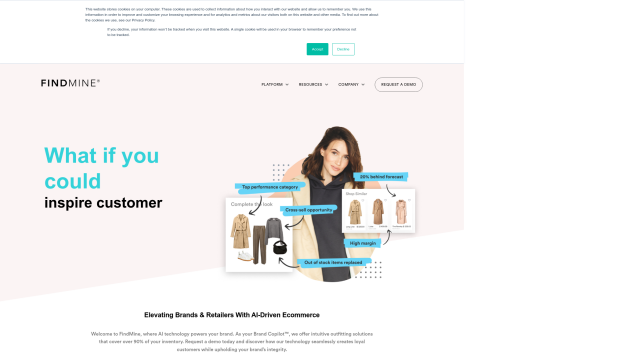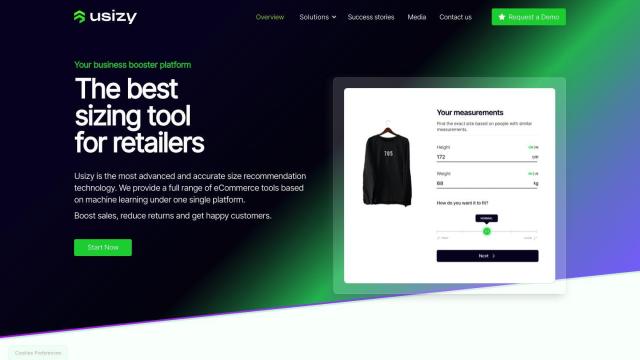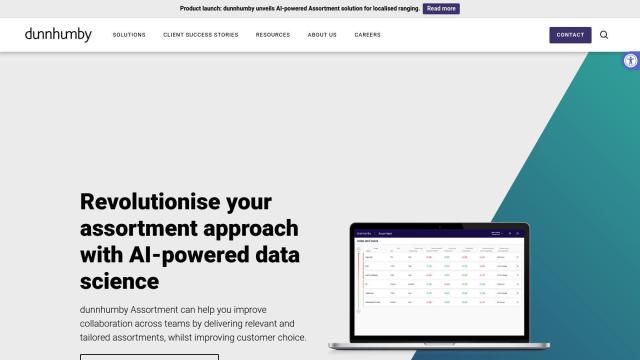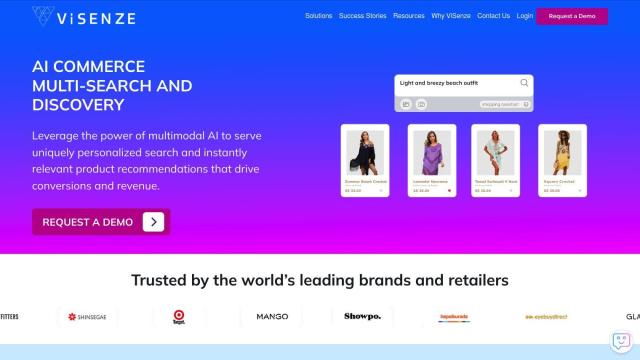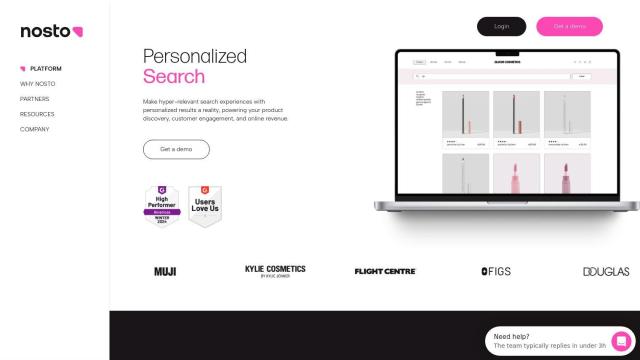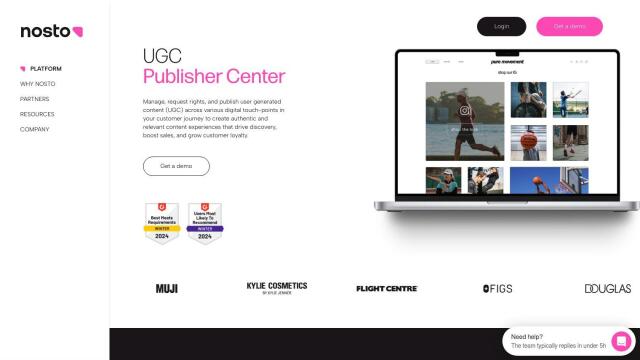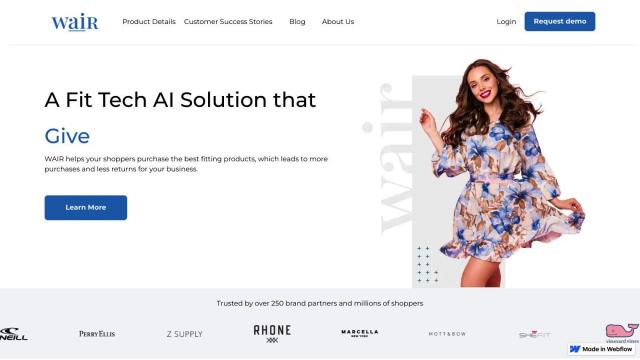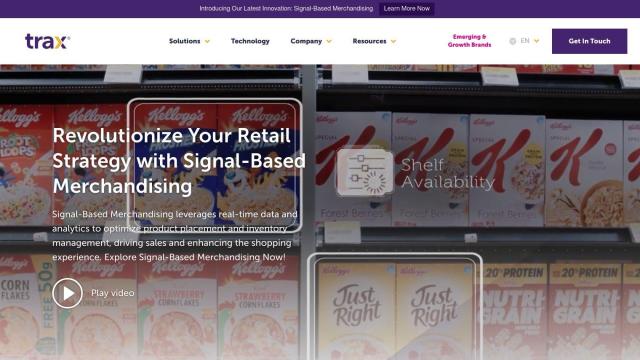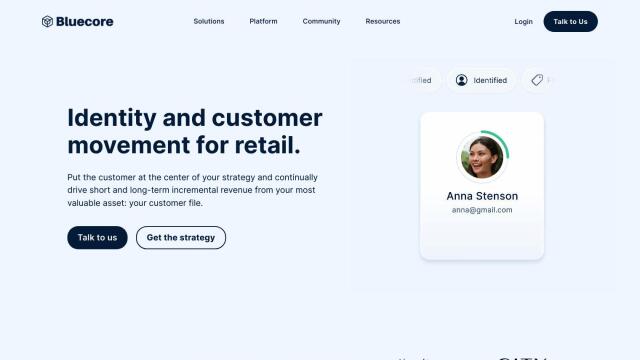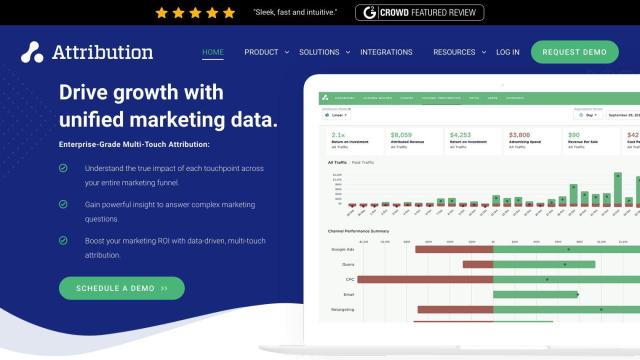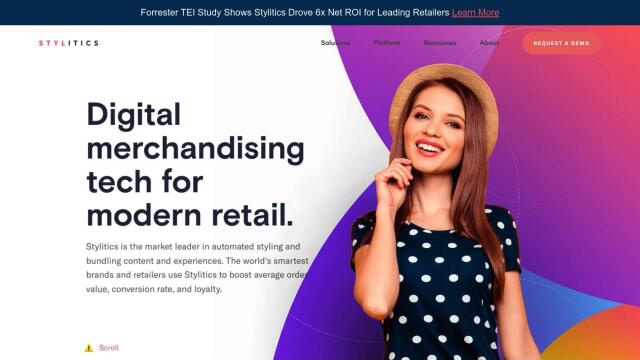Question: Can you find a technology that solves inconsistent product data and attribution problems for fashion retailers?


Dressipi
For fashion retailers trying to wrestle with inconsistent product data and attribution issues, Dressipi has a more customized answer. It personalizes product recommendations and handles inconsistent data with a taxonomy created by fashion stylists and boosted by AI. That means a more consistent data foundation and higher-quality product tagging that can be easily integrated with other tools and systems to maximize revenue and loyalty.

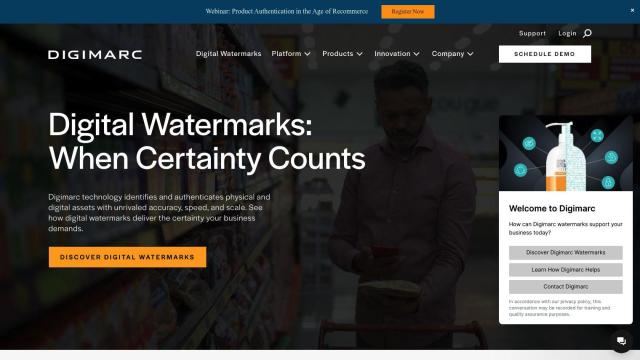
Digimarc
Another interesting option is Digimarc, which builds digital IDs into products and links them to the cloud for more detailed data. The technology uses digital watermarks, QR codes and RFID tags to identify and authenticate products with high accuracy, offering item-level serialization, real-time tracking and centralized traceability. By embedding Digimarc solutions, retailers can improve operational efficiency, lower costs and increase sustainability across the supply chain.

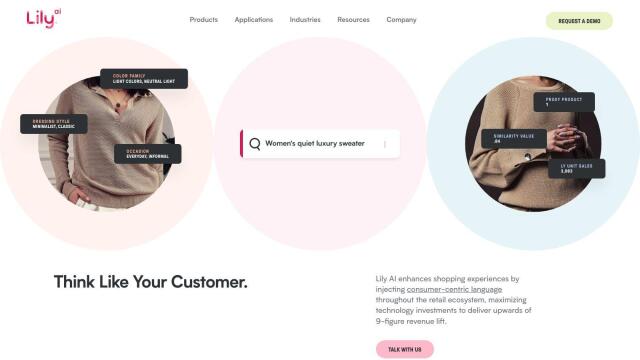
Lily AI
Lily AI also has a powerful option for fashion retailers. This ecommerce product discovery platform closes the gap between brand and customer language by using more than 20,000 product attributes to improve search, recommendations and demand forecasting. Lily AI can be integrated with many retail technology partners and platforms, making it a flexible option for improving product discovery and conversion rates.

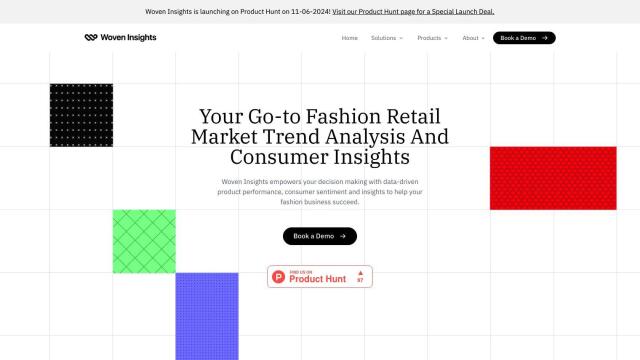
Woven Insights
Last, Woven Insights has a more general-purpose platform with data-driven insights to help fashion companies make better decisions. That includes features like real-time analytics on top-selling products and seasonal trends, product performance tracking and sentiment analysis. With Woven Insights, fashion retailers can optimize inventory, understand customer preferences and stay competitive.

